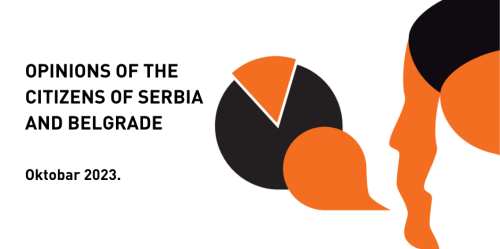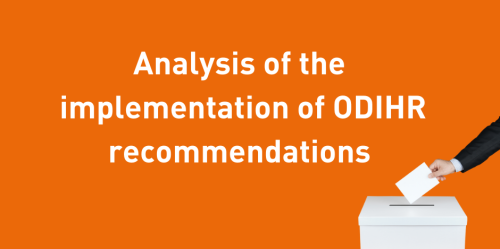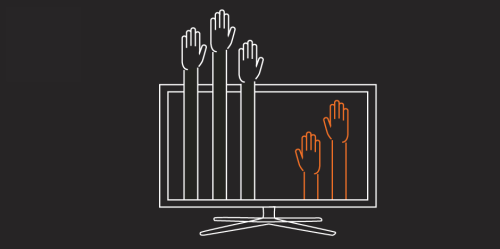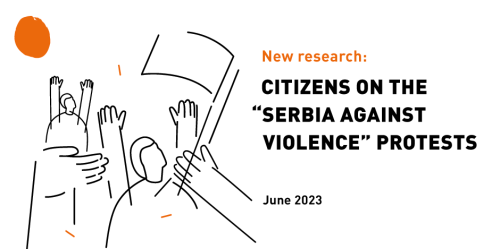Nearly half of the citizens – 47 percent, believe that Serbia is moving in the wrong direction, as opposed to 38 percent who think the country is on the right track – these are the findings of the public opinion survey on the nation’s political opinions in the run-up to the election campaign, conducted by…
Latest Updates
In light of the public disclosure of information regarding the implementation of OSCE/ODIHR recommendations for the improvement of the electoral process, the CRTA’s analysis, conducted on the basis of publicly available information, indicates that progress has been achieved only in administrative aspects, while recommendations related to key issues in the electoral process, such as the…
CRTA Media Monitoring: Anti-West Side Story – Monitoring of Foreign Influence, July 2022 – June 2023
Media, globally, bore witness to a series of unprecedented events in the past year – from developments related to Russia’s continued war in Ukraine to rising tensions between the US and China. Among these and a plethora of other politically-significant events, how did the Serbian media scene manage to position themselves? CRTA media monitoring of…
Almost all Serbian citizens know about the “Serbia against violence” protests. Every second citizen supports the protests, and every third says that he already has or wants to participate in the protest. Among the citizens who support the protests, the majority are those who are not close to either the ruling or the opposition parties,…
Over the past 12 months, the media landscape in Serbia suggests that there is an absolute dominance of the ruling parties, where their average representation in the media in the previous period was held at 95%. With the end of the election campaign, the representation of the opposition in the media decreased significantly. The considerably…
The media play a significant role in shaping our attitudes, informing us about current events, and influencing our perceptions of reality. Nevertheless, measuring and assessing the significance of individual media outlets poses a considerable challenge for all stakeholders who are interested in this data. The traditional approach to measuring the importance of individual media has…
Are you passionate about fostering democracy? Crta seeks a highly analytical and creative individual to spearhead our parliamentary program. Bring your innovative ideas to life and play a pivotal role in strengthening democratic institutions in Serbia. As our Parliamentary Program Coordinator, you will: Expertly manage and coordinate multidisciplinary projects and initiatives; Leverage your in-depth research,…
The citizens of Serbia have no idea what could be the ideal solution for the Kosovo problem or the realistic outcome of the negotiations – the results of the public opinion survey conducted by Crta at the end of February and the beginning of March show. Their hearts are turned towards Russia and their wallets pointed to the West, meaning there are no major changes in public opinion relating to the perception of Serbia’s foreign policy and the Kosovo issue.
The average citizen of Serbia is informed about the war in Ukraine primarily through the most influential and pro-government mainstream media, reinforced with social media algorithms to spread manipulative, biased, propagandistic and conspiratorial content. Russian propaganda, backed by unethical and unprofessional reporting of local media, fits like a puzzle piece into the already established pro-regime and anti-Western manipulation tactics used for years in Serbia.
















